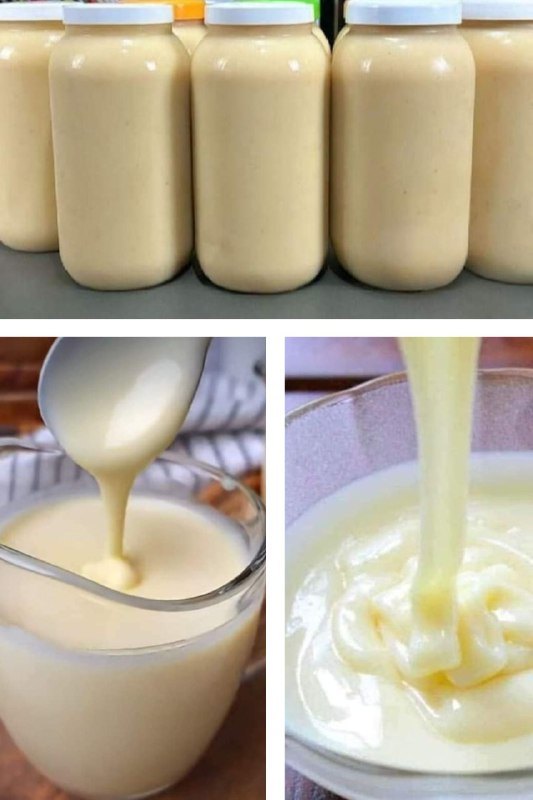ADVERTISEMENT
Instructions:
1. Measure the Powdered Milk:
- Start by measuring out the powdered milk. For this recipe, we’re using 1 cup of powdered milk, but you can adjust the quantity depending on how much milk you need. The ratio is typically 1 cup of powdered milk to 1 cup of water, but you can add more water for a lighter taste.
2. Warm the Water:
- Heat 1 cup of water to a warm, not boiling, temperature. You can either use the stove or microwave to heat the water. It should be around 110°F (43°C), which is warm enough to dissolve the powdered milk effectively without cooking it.
3. Mix the Powdered Milk and Water:
- In a clean bowl or jug, combine the powdered milk and warm water. Stir gently with a whisk or spoon until the powdered milk completely dissolves. Make sure there are no lumps remaining. If necessary, let the mixture sit for a few minutes and stir again to ensure a smooth consistency.
4. Refrigerate and Serve:
- Once the powdered milk has fully dissolved, you can refrigerate the mixture for a few hours to chill. Alternatively, you can serve it immediately. Stir the milk before using, as sometimes powdered milk can separate when left to sit.
Tips for Making Perfect Milk from Powdered Milk:
- Adjust Consistency: Depending on how thick or thin you want your milk, you can adjust the amount of water you add. For a richer, creamier version, add a little less water, or for a lighter consistency, add a bit more.
- Use in Recipes: You can substitute powdered milk in any recipe that calls for liquid milk. Just follow the same instructions to rehydrate the milk, and use it in your favorite baked goods, sauces, or soups.
- Storage: If you have leftover milk, store it in an airtight container in the refrigerator. It’s best to use it within 5-7 days. You can also store the powdered milk in a cool, dry place for months, making it perfect for long-term use.
Why Choose Powdered Milk?
- Long Shelf Life: Powdered milk lasts much longer than liquid milk, making it a great option for emergencies or when fresh milk is unavailable.
- Convenience: Having powdered milk in your pantry can save you trips to the store, especially during times when fresh milk might not be available.
- Versatility: Powdered milk can be used in a wide variety of recipes, including baked goods, smoothies, or as a substitute for regular milk in cooking.
Conclusion:
Making milk from powdered milk is an easy and practical solution for many households. It’s quick to prepare and can be stored for future use. Whether you need milk for your morning coffee, a batch of pancakes, or to simply enjoy a glass of milk, powdered milk provides a reliable, cost-effective alternative to fresh milk.
Now that you know how to turn powdered milk into liquid milk, you can enjoy the benefits of having milk on hand without worrying about spoilage. This simple method is a must-try for anyone looking to save money or reduce food waste while keeping their kitchen stocked with essentials.
ADVERTISEMENT
ADVERTISEMENT
